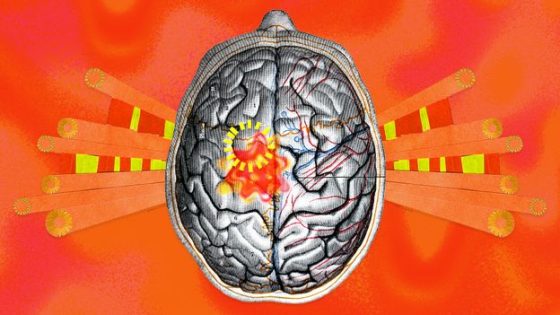A recent study has revealed a surprising connection between nose picking and an increased risk of developing dementia. This research, published on 2022-08-11, suggests that damaging nasal tissue may allow bacteria to reach the brain, potentially mimicking Alzheimer’s disease symptoms.
- Nose picking linked to dementia risk.
- Bacteria can travel to the brain.
- Amyloid-beta protein associated with Alzheimer's.
- Research primarily conducted on mice.
- Future studies needed in humans.
- Environmental factors also contribute to Alzheimer's.
The study, conducted by Griffith University researchers, highlights how a bacterium known to cause pneumonia can travel through the olfactory nerve into the brain, leading to the accumulation of amyloid-beta protein, a hallmark of Alzheimer’s. While this research was performed on mice, its implications for human health are significant and warrant further investigation.
This raises an important question: could a common habit like nose picking have long-term health consequences? While the findings are preliminary, they suggest that maintaining nasal health is crucial. Consider these recommendations:
- Practice good nasal hygiene.
- Avoid picking your nose, especially if you have nasal injuries.
- Consult a healthcare professional if you experience frequent nasal infections.
As we continue to explore the links between everyday behaviors and neurodegenerative diseases, it’s essential to stay informed. Taking proactive steps can help safeguard your brain health.






![[Adobe Stock]](https://news.faharas.net/wp-content/uploads/2025/07/Ketogenic-Diet-Boosts-Brain-Blood-Flow-by-22-and-BDNF-560x315.jpg)


























